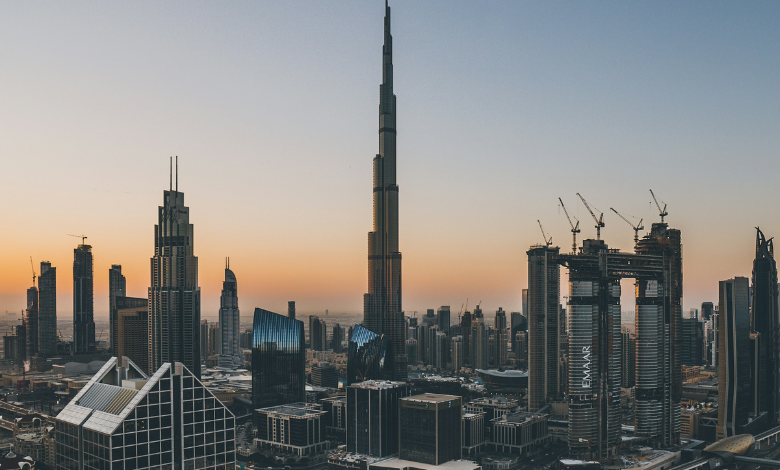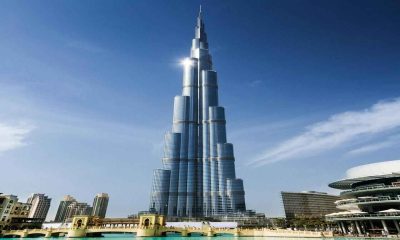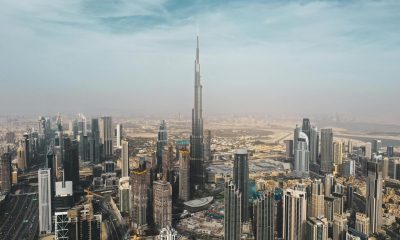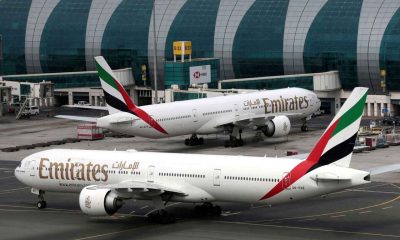Research firm BMI is optimistic about the UAE‘s economic performance next year. It projects the country to see its economic growth rate jump to 6.7% in 2025, up from 3.8% this year, thanks to its efforts to diversify the economy and improve trade with neighbours.
The UAE has a massive tourism sector and a diversified economy and has been reaping substantial benefits from trade in the region. Oil prices are expected to remain at around $82-$84 per barrel on average during 2024 and 2025, according to BMI.
The firm also expects oil demand in developed markets to peak in 2025 or 2026 and start falling slowly. The rates are likely to start dropping across the globe around 2034 to 2035. High rates of EV adoption in China may mean the oil demand peak to arrive there sooner.
Goal to elevate UAE GDP to Dh3 trillion by next decade
The UAE recorded strong economic performance last year as Gross Domestic Product (GDP) stood at Dh1.68 trillion at constant prices, marking a 3.6% increase from 2022. In addition, the non-oil GDP reached Dh1.25 trillion, reflecting a 6.2% rise compared to the year before.
The UAE Minister of Economy said: “These figures solidify the country’s position as the fifth-largest economy globally in terms of real GDP growth index … The UAE ranks among the top 10 economies globally across various competitiveness indicators tied to GDP.”
The outcomes underscore the UAE’s progress in achieving the objectives of the leadership as they seek to elevate the country’s GDP to Dh3 trillion by the next decade and facilitate a shift towards an economic model centered around diversity and innovation.
Economic diversification helping improve UAE’s GDP
The UAE’s non-oil sectors have been playing a significant role in boosting the Gulf state’s overall economic performance. By the end of 2023, the contribution of non-oil sectors reached 74.3%, marking a record growth of 2.5% as compared to 2022.
The minister highlighted the UAE’s implementation of resilient and ambitious economic policies and legislation to address global challenges. The country has devised plans that promote economic diversification, support emerging sectors and advance the economy.
A number of non-oil sectors recorded substantial improvements in performance. Financial activities and insurance noted great numbers, and so did transport and storage activities. Construction and building activities, and residency and food services also helped.






















